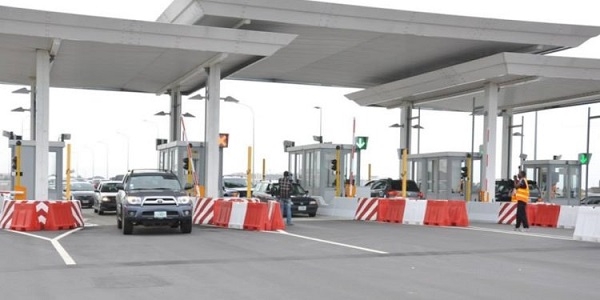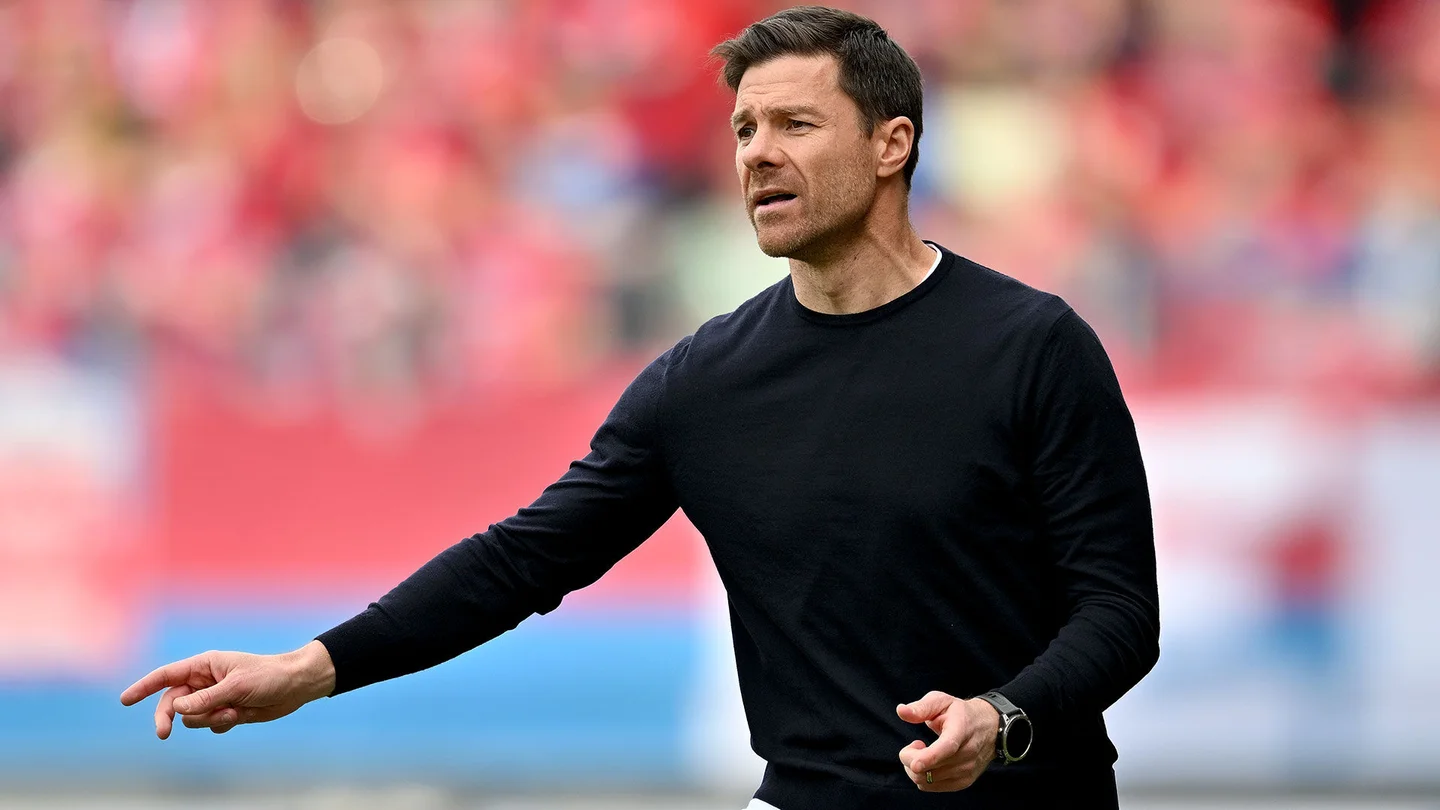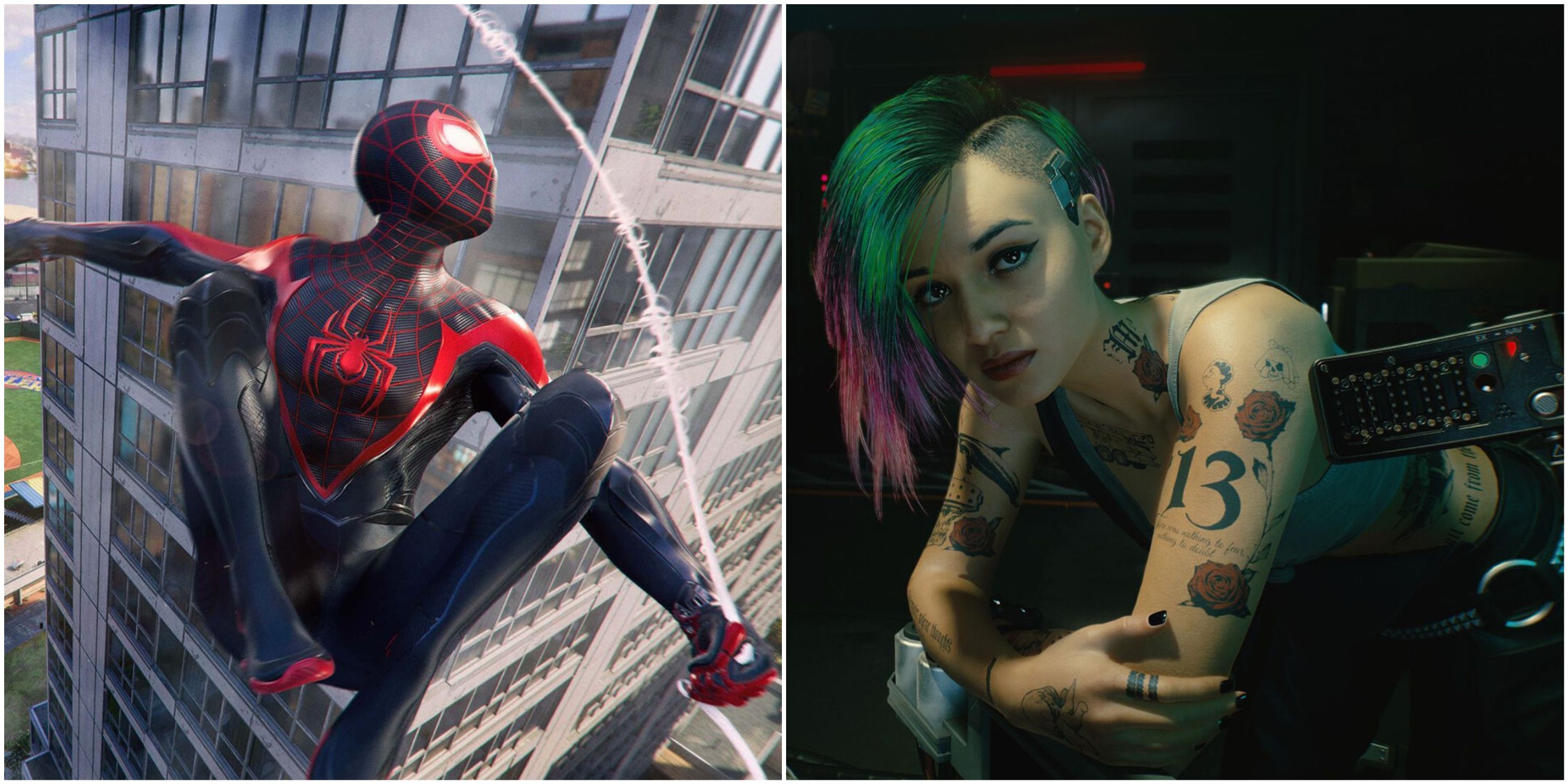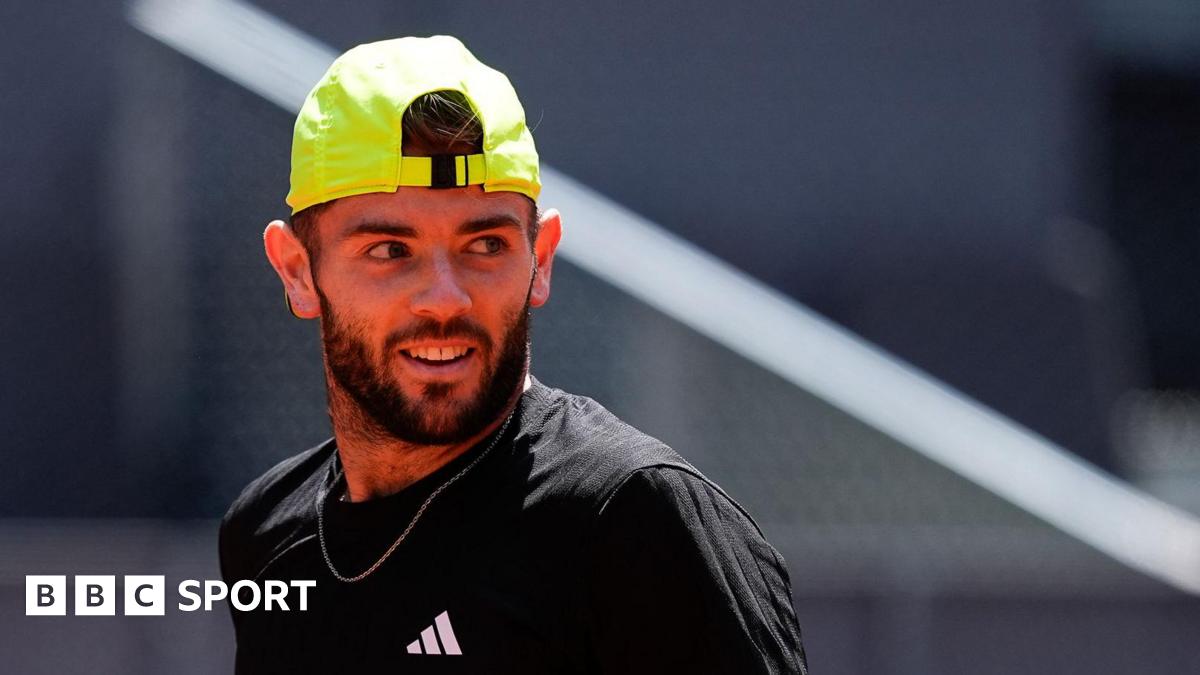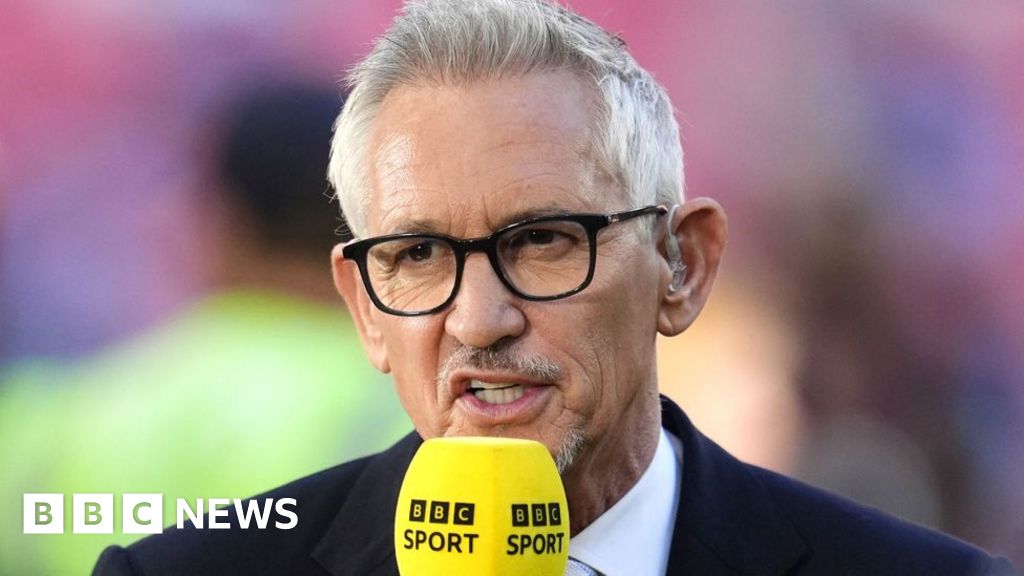'Sons of the Neon Night' Review: Juno Mak's Paper-Thin Actioner
Any film that’s been sitting on the shelf for seven years deserves to see the light of day, but Juno Mak’s “Sons of the Neon Night” — which wrapped filming in 2018 — could’ve used more time in the oven. It’s hard to say what’s strangest about the gloomy action flick: that it’s overwrought and convoluted to the point of confusion, or that it somehow manages to feel incomplete despite this.
Set in an alternate, snow-covered Hong Kong in the mid-1990s, the movie’s opening images speak to an intriguing setting that’s seldom explored. Moreton Li (Takeshi Kaneshiro), CEO and heir to a pharma conglomerate, wakes up in a lush bed in his sprawling penthouse carved from the remains of an enormous cross-harbor tunnel. It’s the kind of imaginative flourish that both raises questions about this world and immediately establishes character, but it’s the first and last time the movie really feels like it has a wider reality outside its frame.
Soon, a violent shootout unfolds in a public square, courtesy of hoodlums in sack masks, in an energetic scene that unfortunately resembles half-rendered concept footage. It’s worth giving a movie the benefit of the doubt this early on, especially since Mak appears to have a knack for staging, but this ends up being one of only a small handful of action moments. By the time the second major set-piece arrives, involving intimate hand-to-hand combat much later on, we’ve grown no more familiar with the characters involved, and it becomes clear that blocking and choreographing individual shots with gusto is an entirely different skill from stringing them together coherently.
The plot, centering on illicit drug trade, unfolds quickly and at random, dispensing with new elements of its premise almost as soon as they’re introduced. A tactical officer mysteriously detonates a suicide vest in a hospital, where Moreton’s invalid father happens to be, though whether there’s a concrete connection here is somewhat muddy. A new co-lead is quickly brought aboard in grizzled police veteran Wong Chi-tat (Sean Lau), with “quickly” being the operative word: He mentions his rank and the details of his family life in voiceover that zips by. Then again, as the film goes on, it’s hard not to yearn for this sort of efficiency.
After drawn-out conversations about the bomber’s past, his mental state and his potential connection to Chi-tat, “Sons of the Neon Night” begins introducing brand-new major characters at regular intervals of about 20 or 30 minutes. Brothers, wives, old allies and enemies, they all feel like puzzle pieces belonging to a much more sprawling miniseries, given that each one’s backstory is explained in the form of an entirely new subplot that segues hastily away from the central mystery, while grasping at a thematic connection between deaths from the drug trade and pharmaceutical cruelty.
The story’s epic scope is never matched by its languid unveiling, told in awkward conversation scenes where the pieces (and eyelines) don’t seem to fit. Likewise, its character drama seldom supports its many scene-capping speeches about human nature, which similarly renders its theme music (by the late Ryuichi Sakamoto) perfunctory, since it scores empty physical and emotional space.
All in all, “Sons of the Neon Night” is a film of lofty proclamations, but its philosophy is flimsy. Its worldbuilding is ill-considered, and its tale of corruption and cruelty is obscured by chaotic stylistic gestures.
